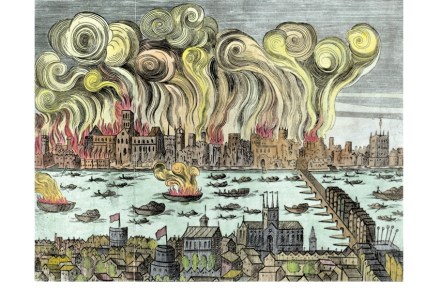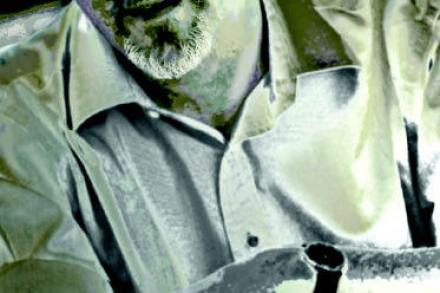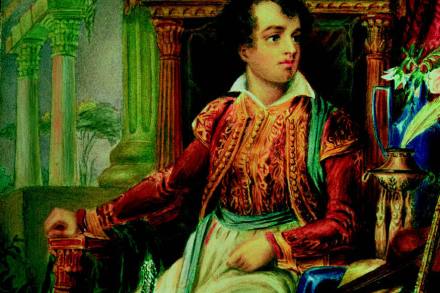Paths of enlightenment
In which Robert Macfarlane goes for a walk, again. But, as admirers of his previous works will know, Robert Macfarlane never just goes for a walk. This book’s four parts, each divided into three or four sub-sections, tell the stories of 16 expeditions: their declared intention to investigate ‘walking as a reconnoitre inwards’. His theme













